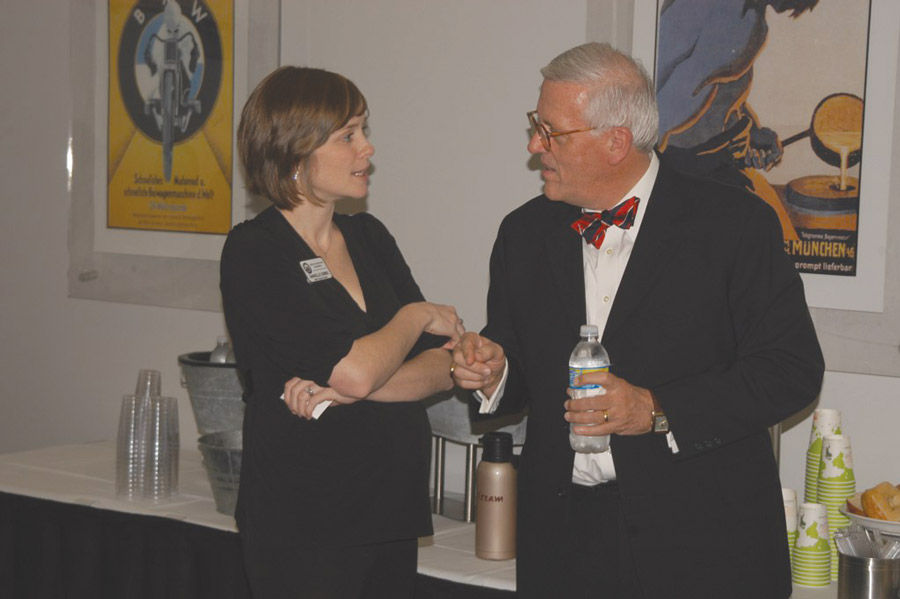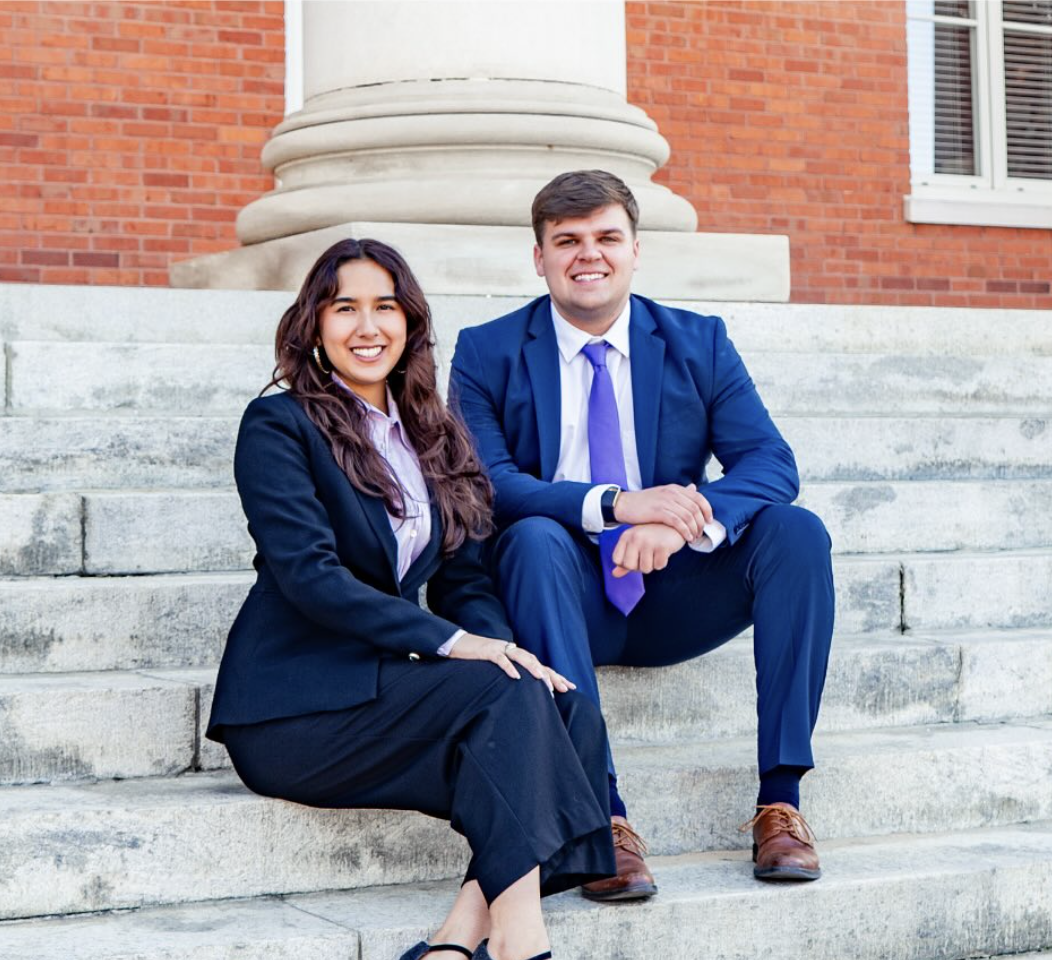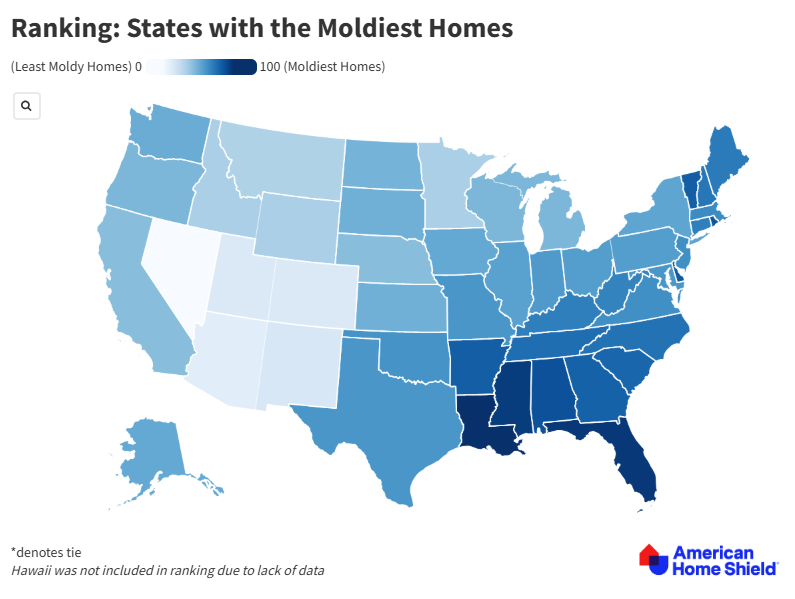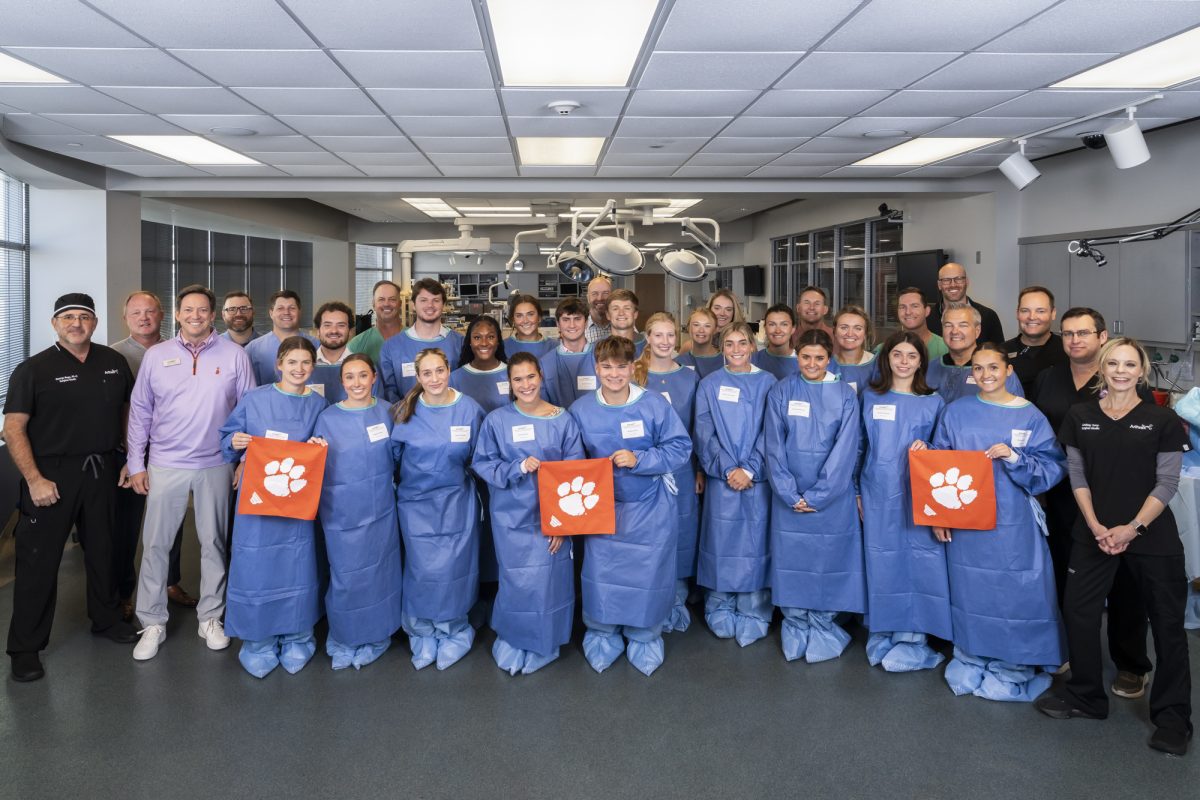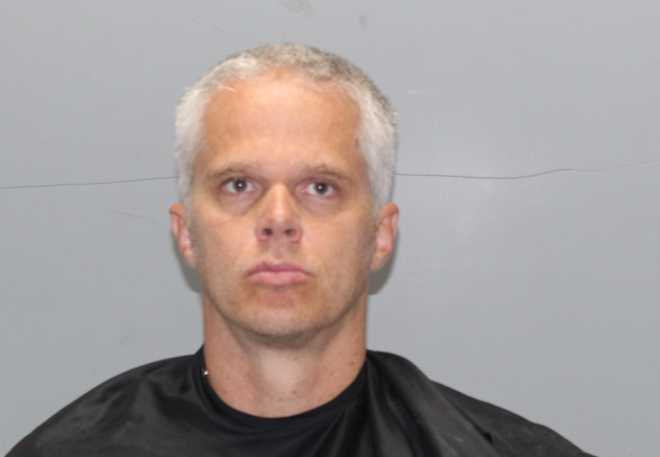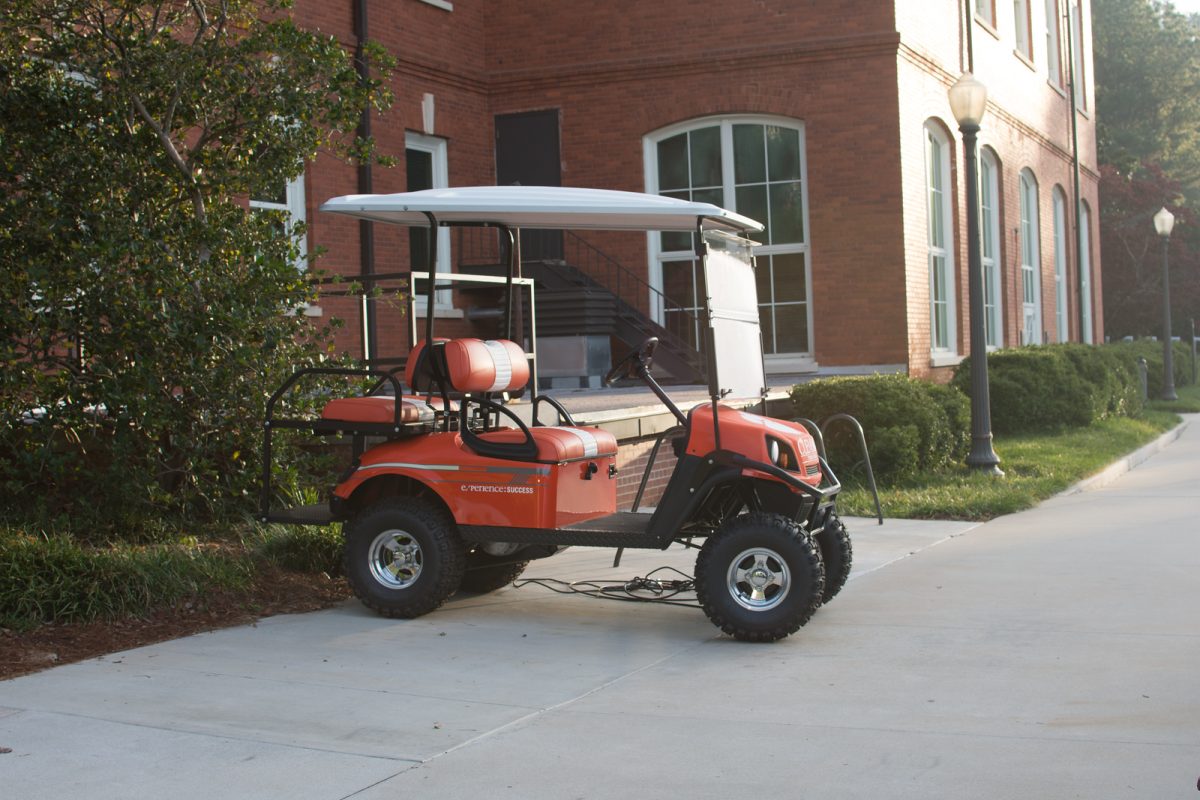Primary voting in South Carolina is close at hand. Republican primaries are held Feb. 20, and the Democratic primaries will follow on Feb. 27.
The prediction and polling of the state in the coming weeks prior to the primary voting is a vital part of the campaigning process and is used by media outlets to gauge the possible outcomes.
At Clemson, political science professor, Dr. David Woodard, notes the importance of the South Carolina primaries in determining who will become the party nominee.
“Through 6 presidential preference primaries in the GOP between 1980 and 2008, SC picked the party nominee each time and three were elected president” said Dr. Woodard. He added, “South Carolina is a red state, meaning it votes Republican, as it has in every presidential election since 1976. It will do so again in 2016.”
Woodard is the author of 12 books and is also a Republican political consultant and director of the Palmetto Poll.
A university-based poll used to gauge the voting outcomes of the South Carolina primaries, the Palmetto Poll was begun in 2000 by Woodard and Dr. Bruce Ransom.
The most recent poll, conducted Oct. 23, 2015, placed Donald Trump in the lead with 23 percent and Ben Carson closely behind with 19 percent of voting Republicans.
However, 15 percent declared themselves undecided, which prevented more
concrete predictions.
Huffington Post released an updated poll chart on Jan. 28, 2016. Trump is still in the lead with 36.4 percent, and Ted Cruz now following behind with 20 percent of voting Republicans.
The Democratic poll chart placed Hillary Clinton, 50.4%, in the lead
with Bernie Sanders, 36.6 percent, behind.
Dr. Laura Olson, another political science professor at Clemson University, explained the weight of the South Carolina primaries, and how they are viewed on a national scale, saying that “It’s entirely unclear who will emerge as the nominee on either side at this early stage of the game (as is typically the case early in the primary season unless a sitting president is running unopposed). Thus all of the candidates pay a great deal of attention to SC votes, and the media flock here en masse to cover the
whole thing.”
When asked which campaign issues are usually more important to SC votes, as well as Clemson votes, Dr. Olson said that, “It depends on the individual voter, but in the aggregate, voters this year seem most concerned about immigration, jobs/the economy, healthcare, and national security/
foreign policy.”
Voting registration for the primaries has closed, but those wishing to participate in the general election will be able to register until thirty days prior to the election.


